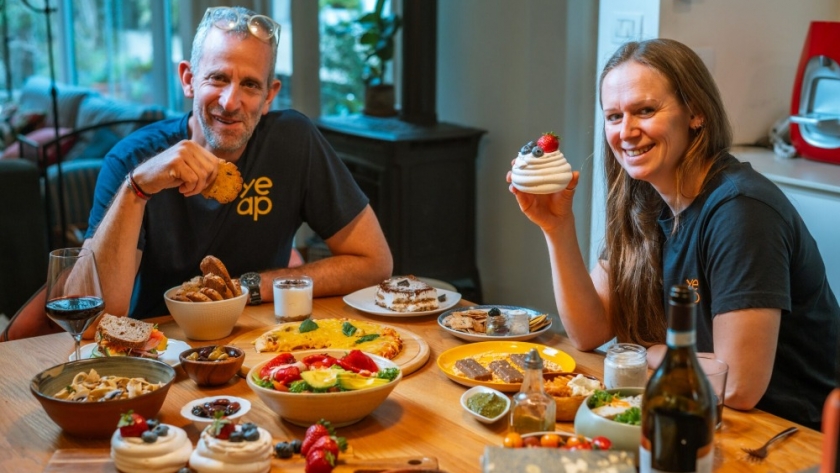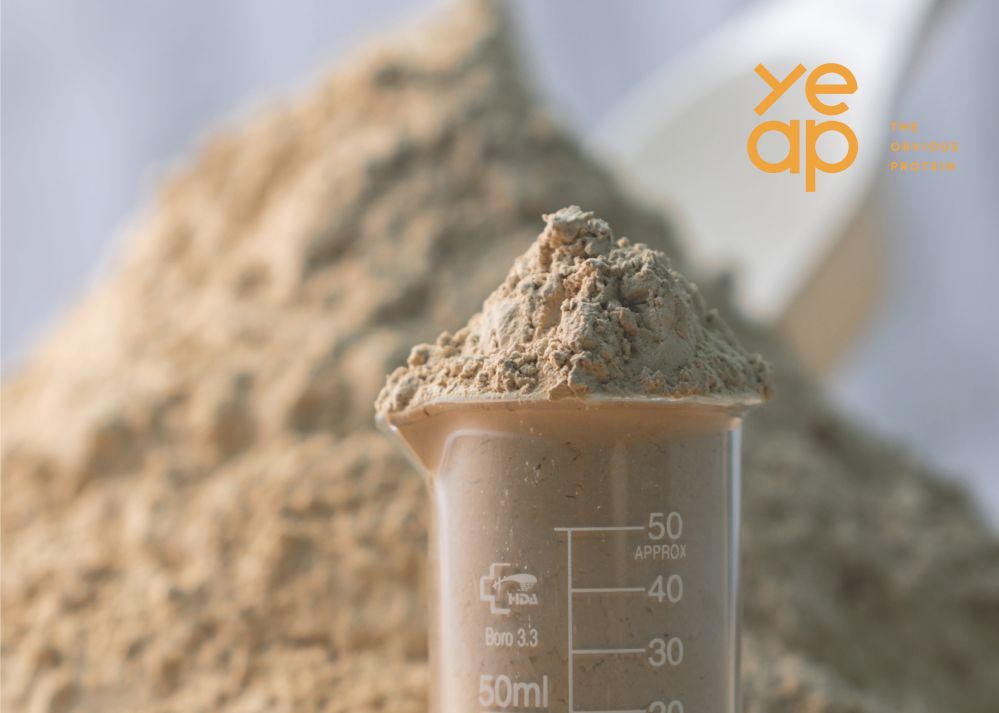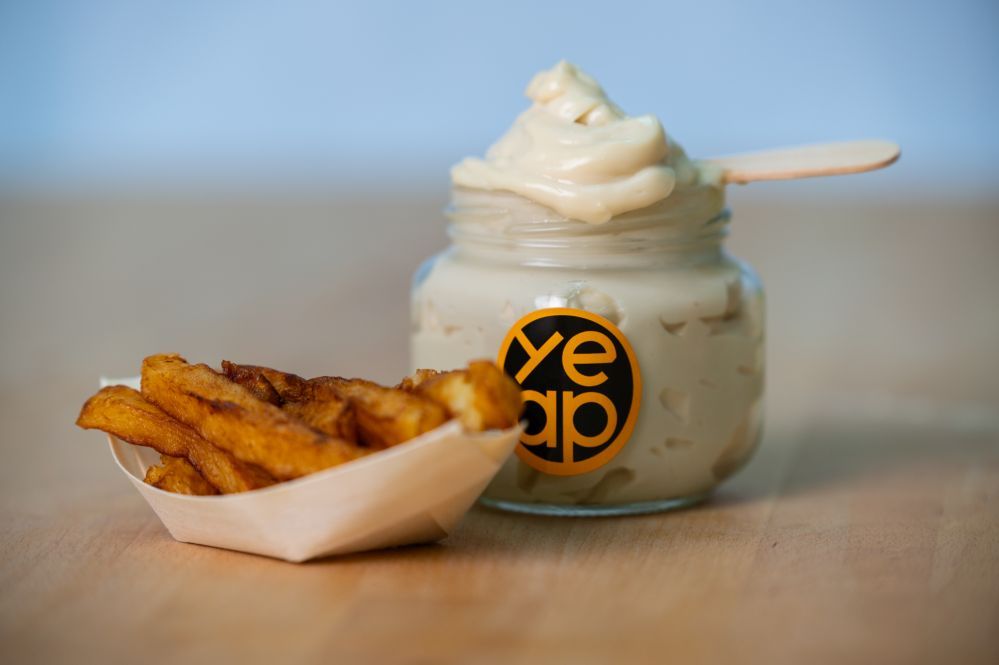
Por Agroempresario.com
The first products containing protein derived from upcycled yeast, developed by the Israeli startup Yeap, are expected to hit the market before the end of this year. The company has also developed a secondary product from the fibrous material remaining after protein extraction, which it believes will unlock a new revenue stream.
Founded in 2020 by Jonathan Goshen, Didier Toubia, and Dominik Grabinski, and supported by investors, including fermentation giant Lesaffre, Yeap produces protein from upcycled yeast. According to Goshen, this protein is "the best nutritional protein that doesn't require extensive agricultural land usage, is resilient to extreme climate events, and has no production limits."
Goshen explained to AgFunderNews that the protein, which boasts a neutral flavor and a Protein Digestibility Corrected Amino Acid Score (PDCAAS) of 0.95—very close to that of animal protein—is made from upcycled yeast that would otherwise be discarded or used as animal feed.
"We convert it into a functional concentrated protein [70%+ protein] using a patent-pending process involving extraction, concentration, and drying," Goshen stated. "It's listed on the ingredients list as 'yeast protein.'"
In addition to its primary protein product, Yeap has developed a second offering, targeting the nutrition and health market. This product is derived from the material left over after protein extraction.
"We see this both as a health supplement for powders, gummies, and capsules, and also something that can be used in functional foods and beverages with an immune health positioning," Goshen elaborated. "It's a mixture of fibers, including beta glucans, and different types of protein that we're not extracting for our core product. The fibers in there are already known to the market, but during our process, we increase their bioavailability and make them more user-friendly for products such as healthy sodas."

Yeap's flagship yeast protein possesses emulsifying properties, enabling formulators to replace eggs and, in some cases, clean up labels by replacing starches and stabilizers. Goshen highlighted its potential applications in condiments, protein bars, baked goods, and meat analogs.
"Our protein is unique in the alt-dairy space because you can get a far higher inclusion rate without negatively impacting the structure of the cheese. So that's solving a big problem, as many plant-based cheeses right now have almost no protein," Goshen noted.
According to Goshen, Yeap's protein allows for the creation of yellow cheese products with up to 10% protein. The company has also collaborated on protein fortification in cookies, crackers, and pasta, achieving protein levels of up to 25% in pasta. Goshen hinted at the development of another product with functionalities like foaming and gelation.
Yeap has conducted extensive work with Intertek, demonstrating that its protein would not be considered a novel food in markets like the EU, simplifying the regulatory process.
"In the US, we're going through the self-affirmed GRAS process before going full FDA-GRAS [submitting a dossier to the FDA affirming the safety of the ingredient]," Goshen said.
Yeap sources spent yeast from various streams, including those from companies using yeast cells to express high-value proteins via precision fermentation. Goshen clarified that this process does not result in unwanted proteins in Yeap's final product.
"No, because typically the yeast cells are secreting the target protein these companies are making [which means they are more easily collected from the fermentation broth]," Goshen explained. "Plus, during our process, we have several steps to ensure that we only get the protein that we want."
Yeap has secured several patents covering the raw material, the process, the protein's properties, and its applications.
The company's manufacturing process, while proprietary, utilizes mostly existing equipment, resulting in low capital expenditure and an affordable price per kilo. Initially, production will be outsourced to a co-manufacturer to support the first wave of customers. Eventually, Yeap plans to collaborate directly with waste-producing companies to co-locate on-site processing facilities. Yeap is working with partners in the US and Europe.

Yeap has garnered significant market interest, with "several customers in different phases, including some with signed purchase orders for long-duration contracts," according to Goshen. The primary interest comes from the alternative dairy sector, followed by condiments and baked goods.
"But I think what's exciting about what we're doing is that this isn't just about high protein content; Yeap protein works synergistically with other proteins to enhance functionality, improving texture, elasticity, and overall performance in food applications," Goshen emphasized. "This unlocks new possibilities for formulators looking to boost protein levels without compromising on quality, and in addition, it's a truly circular process. We're transforming waste into a high-margin, food-grade ingredient."
